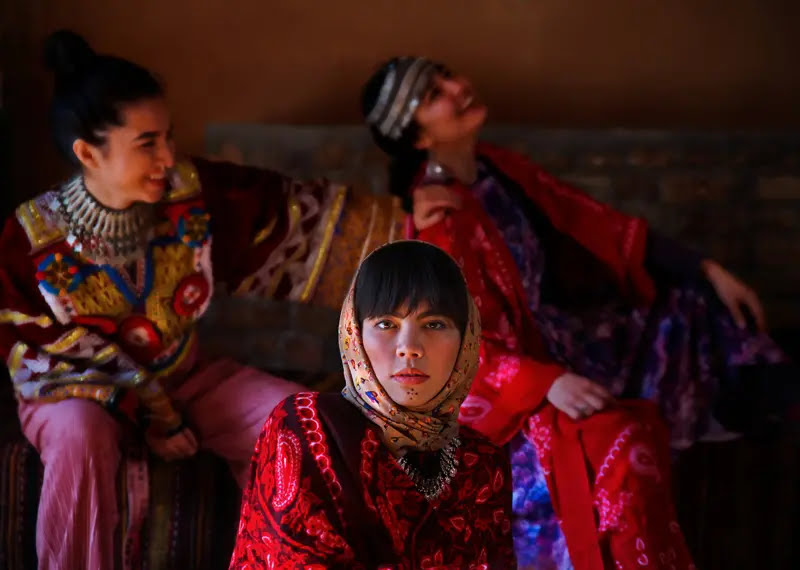Women have played a constructive role in the Afghan society and their names are recorded in the history for their active role and heroic acts. Women supported men during war and heartened them to fight for the protection of their national values and human dignity at the cost of their lives. Although the patriarchal system and parochial mindsets, which are deeply embedded in Afghanistan’s culture, restricted women’s role and marginalized them from social and political activities, the prominent role of women is undeniable.
The 18-year-old Afghan national heroine Malalai of Maiwand is one of the examples. She rallied local fighters against the British troops in 1880 Battle of Maiwand, led by Muhammad Ayyob Khan. Sustaining heavy casualties by British forces, Afghan fighters lost their morale and Afghan flag-bearer was also killed. Malalai took the flag and recited patriotic poetry which prompted Afghans not to abandon the battle. Her blood was also spilt in the battlefield – the blood of an Afghan woman reddened the country’s soil for its protection.
Afghan women also paid heavy sacrifices and sustained casualties when national values were vulnerable to harm. In the 1879 war against the British forces in Kabul, four hundred women are cited to support men in bringing them food and drink and 43 women, out of four hundred, were killed, according to history.
Moreover, women, including Queen Soraya Tarzi, took active part in social and cultural arenas during Amanullah Khan’s kingdom and ran the Ershad Neswan Journal (1922). In a gathering, when Soraya talked about the development and progressive movement of women around the world and regressive movement of Afghan women, women shed bitter tears and 50 women volunteered to engage in educational activities and founding the first female school (Mastoorat School).
Despite the heavy prices paid by women throughout the history as well as in the last couple of decades in the republic system, Afghan women have been marginalized, being within the four walls. They are discriminated on the grounds of their sex and have to wear burqa while presenting in public. The parochial mindsets deem women as inferior creature. To women’s unmitigated chagrin, their social, cultural and political role declined.
Three female political figures, who represented women in the Doha peace talks, held between the US representatives and the Taliban, haggled over the protection of women’s rights and dignity in the Qatari capital of Doha and sought to include it in the peace agreement as one of the preconditions; however, their voices remained unheard. It seems that their role was simply symbolic since their weight behind the women’s rights protection did not bear the desired fruit. The then US Special Representative for peace talks Zalmay Khalilzad signed peace agreement with the Taliban group despite the fact that the protection of women’s rights and freedoms were excluded from the talks.
Women’s social, political, and cultural role throughout the history has been disregarded and the Taliban group believes that all the outcomes belong to it. That is, women are treated as inferior and second-class citizen. They are deprived of their fundamental rights, namely studying secondary school and going to university.
Despite the marginalization of women from social and political arenas and gross violation of their rights and dignity, this issue makes no headlines in national or international media. That is to say, the human rights of women are no more a topic in global media.
Undoing decades-long achievements by women and violations of their rights and dignity has been one of the harms inflicted on women by Doha peace agreement. It is believed that Khalilzad could push for the respect and protection of women’s rights, but he simply disregarded the issue.
The Taliban should note that marginalizing half of the population of the society will hurt Afghan nation. If women remain uneducated, they will not be able to raise their children in better way. Meanwhile, lacking female doctors will put the lives of women at risk. In modern era, a society requires female doctors, teachers, and engineers. If the social and political role of the half of the population is restricted, the country’s progress and development will be slowed down for decades.
Fatima Marefat


